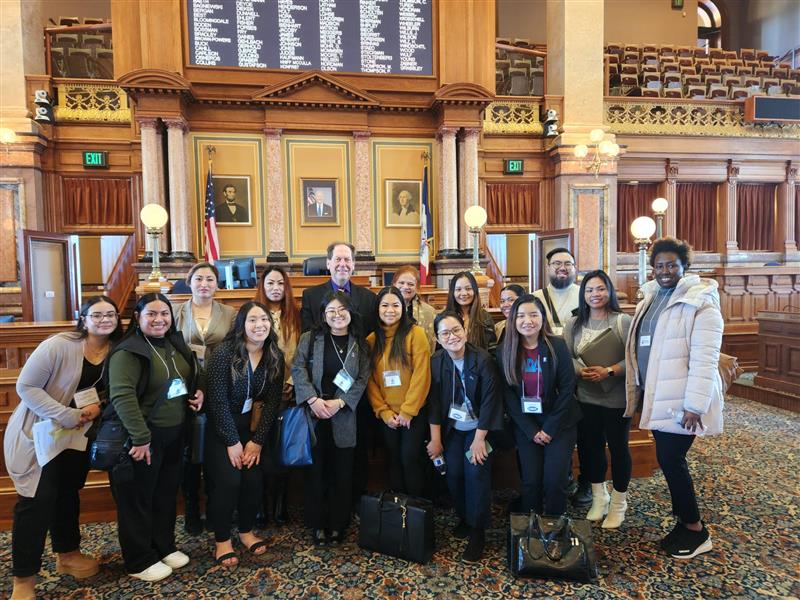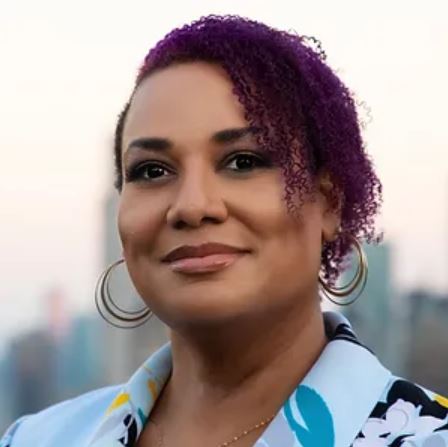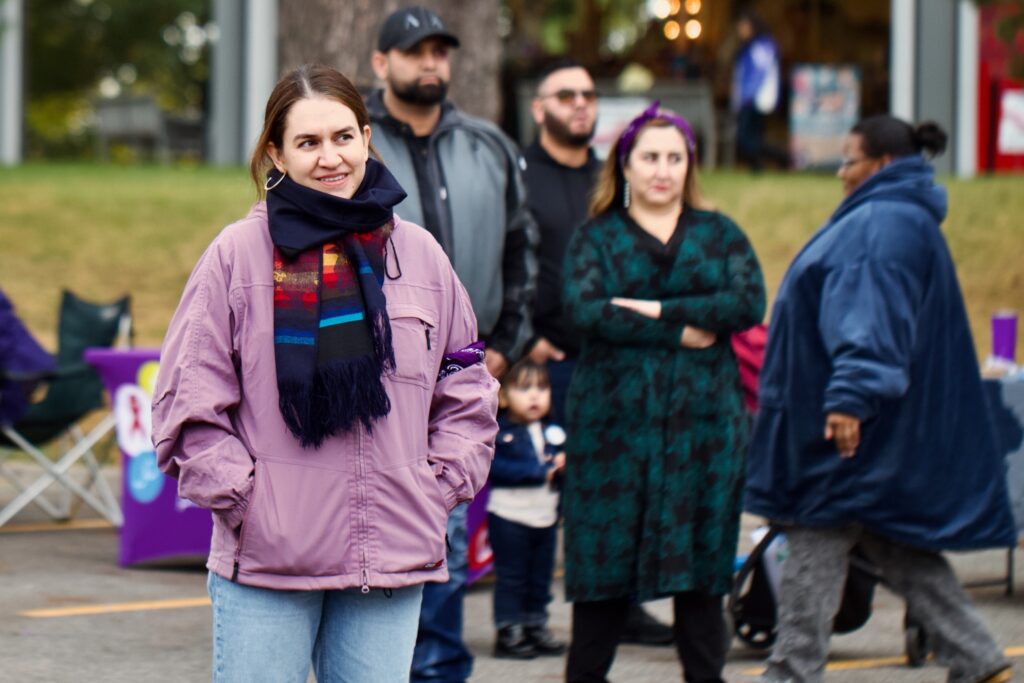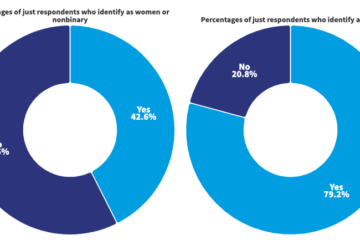Funding cuts could adversely affect services for sexual and domestic violence survivors

BY MACEY SHOFROTH, FEARLESS CONTRIBUTOR
Editor’s note: “Victim” and “survivor” are both common terms used for someone who has experienced sexual assault or domestic violence, and they will be used in this article interchangeably. We recognize that folks often prefer one term over another.
Sexual assault and domestic violence are pervasive issues in the United States — 1 in 2 women will experience sexual violence and 1 in 4 women will experience domestic violence in their lifetime, according to the CDC.
In 2023, 54,404 victims received support from 26 victim service provider agencies in Iowa that are represented by the Iowa Coalition Against Domestic Violence (ICADV) and the Iowa Coalition Against Sexual Assault (ICASA). That number could drop by approximately 18,000 people next year following a 42% cut to federal funding to support victims of crime that will go into effect in October of this year, decimating service providers and leaving thousands of Iowa women without support as they weather the effects of gender-based violence.
Survivors of sexual assault and domestic violence are entitled to compensation from the 1984 Victims of Crime Act (VOCA), which uses money from federal prosecutions.
The two nonprofit coalitions, ICASA and ICADV, rely on that funding to support their 26 member programs with crisis response training, shelter services and wrap-around services for survivors across the state.
Without adequate funding, the member programs will no longer be able to provide comprehensive support for those who have survived the trauma of gender-based violence, the organization’s leaders said.

“What survivors consider justice looks different depending on a lot of factors,” said ICASA’s Interim Executive Director Tamika Payne. “Comprehensive services allow survivors to choose how they want to move forward with their healing process.”
Maria Corona, executive director of ICADV, said the $5.4 million cut to VOCA funds will significantly affect and limit comprehensive services to ICADV and ICASA’s network of local victim service providers across all 99 Iowa counties.
Victim service providers, which Payne and Corona say have been operating underfunded for decades, will be forced to turn victims away and focus their efforts solely on direct crisis response.
But survivors rely on the support from service providers for much more.
“Advocates engage in crisis response, which is truly about life or death many times, but we also support with reaching self-sufficiency,” Corona said. “We provide housing assistance, child care assistance, financial literacy education, even helping to find clothing for work.”

Both ICASA and ICADV leaders worry about turning away survivors who need more complex support than can be provided by direct crisis response.
“When the economic pressure is put on, providers can only provide so much, and issues that tend to be the most imminent and urgent are prioritized,” Payne said.
Gender-based violence is a destabilizing trauma that affects every aspect of a survivor’s life. These survivors, who are statistically most often women, may face additional issues in their personal and professional lives if they are unable to access the support they need to process.
“Self-advocacy is extremely difficult for someone who has had their boundaries violated over and over,” said Dawn Collins, the vice chair of ICASA’s board of directors. “Our ability to advocate for ourselves is something that we will lose if we don’t stay focused or have support. That can result in not being promoted at work, having more sick days, feeling too exhausted to perform well in other areas of our lives.”
Comprehensive support for survivors also means supporting them in the long term as they process their trauma, navigate the legal system and look to rebuild their lives. Losing access to these services today can compound the effects of each incident of violence for years to come.
“We may not see the cost of the cuts right now, but 10 to 15 years down the line, survivors will still be struggling with the trauma of violence,” Payne said. “They might struggle with economic stability, housing or employment. The scarcity of resources is going to disproportionately impact the most vulnerable among us.”
Both ICASA and ICADV work with numerous organizations and regularly see high turnover in leadership and other personnel at them because of the stress of working in trauma support services. Funding cuts are likely to make it even more difficult to foster continuity with providers who can provide the best-quality services.
ICASA in particular has seen many long-term employees leave in the last few years, such as previous executive director Elizabeth Barnhill, who had been with the organization for over 20 years. These VOCA funding cuts make it even more difficult to begin this new chapter of their organization while focusing on what’s most important: providing services to survivors.
“We’ve gone through two restructurings as a state within domestic violence and sexual assault work. Both of those were necessitated by funding cuts,” Collins said. “I don’t know how much more restructuring can be done to allow us to continue to do the work well.”
Both Payne and Corona emphasized that the state of Iowa has a responsibility to fund victim service providers when federal funding falls short.
“Victim services programs support all avenues of addressing domestic violence,” Corona said. “We’re seeing an increase in demand for services, and the needs are more complex. We need the state to fund us efficiently and think of prevention efforts that can support crime victims beyond the legal system.”
Macey Shofroth is a writer based in Norwalk. She works as a marketing coordinator for CultureALL, a nonprofit boosting inclusion in Iowa, and produces a Substack Newsletter called “The Midwest Creative.”
CORRECTION: This story has been updated. An earlier version inaccurately described turnover at organizations that provide services to survivors; leaders said turnover is a problem throughout the network of providers that work with Iowa Coalition Against Sexual Assault and Iowa Coalition Against Domestic Violence, not at those two organizations themselves.



1 Comment
Anne Sloth · April 4, 2024 at 5:48 am
As a former DV/SA Advocate who worked in Iowa, my former co-workers and I worked with a budget that was way less than what we needed. Most of the time we did without or even used our own money.
Victims/Survivors of DV/SA sometimes lived a life or death existence, with circumstances that changed all the time.
Iowans cannot afford to have cuts made to these important programs. Our governor and legislators need to wake up and see what Iowans really want our money spent on.
Comments are closed.